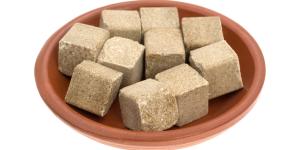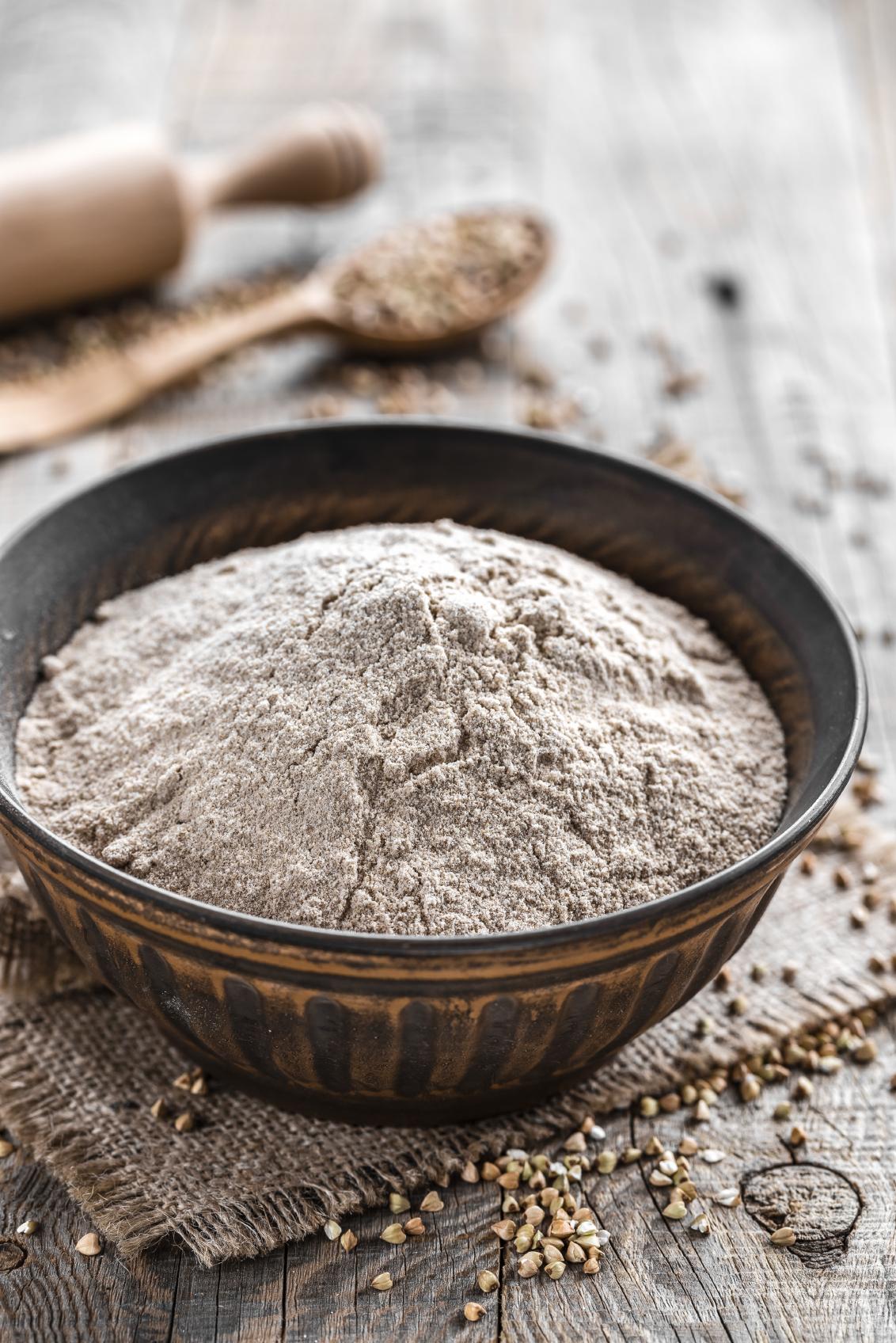How to Make Buckwheat Flour

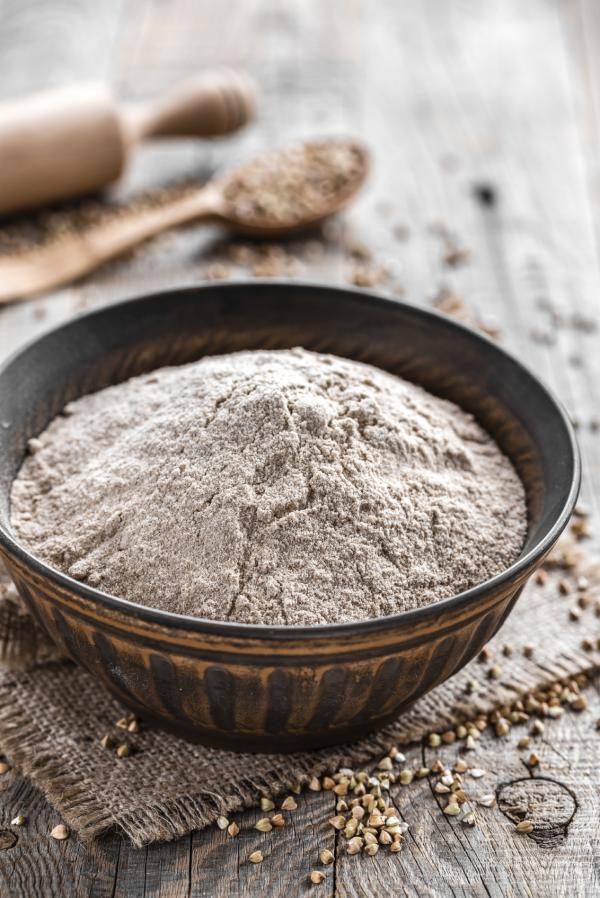
If you have Celiac disease or want to go on a gluten-free diet, common grains such as wheat are not suitable for you. As you may know, foods that contain other grains such as gluten-free bread or pasta are expensive when bough in supermarkets. This is why it's pretty handy to learn how to make Buckwheat flour.
Buckwheat is a seed that is highly nutritious, as it contains great amounts of calcium, vitamin B and E, so it's a great addition to your diet and a good source of calcium if you are vegan. Moreover, it's not only buckwheat bread you can make with this flour, but how about some traditional Japanese Soba buckwheat noodles? Learn the recipe to make buckwheat flour and explore the possibilities!
Ingredients:
You'll need:
- Dehydrator
- Bowl
- Food processor or blender
Steps to follow:
Before we start on how to make Buckwheat flour, we'd like to highlight that choosing high quality Buckwheat is an investment that you'll thank later, as the taste will be and amount of nutrients will be higher. This is why its better to look for Organic buckwheat brands that are certified by the country's authorities.

The first step to make your buckwheat flour is to soak your buckwheat for around 12 hours unless you have purchased ready soaked buckwheat grains. To do so, boil some water and pour it into a bowl so it covers the buckwheat with some apple cider vinegar or lemon juice to aid digestion. Cover and leave to stand for the appropriate amount of time.
Once this time has passed, you can now continue to the next step which is to dehydrate the buckwheat. Be patient, as you will need a few more hours in order for the grains to dehydrate again.
Rinse the buckwheat in water and place them on a dehydration tray. Put them in a dehydrator for 6 to 7 hours at 35 to 37 degrees Celsius (95 to 100 degrees Fahrenheit). If you don't have a dehydrator, place them on an oven tray and put it in the lowest possible heat for 3 to 4 hours.
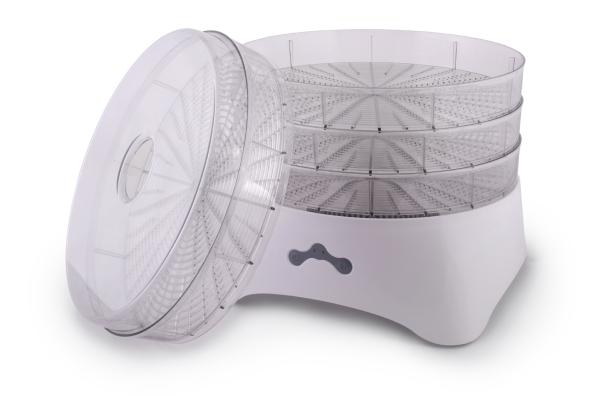
When the buckwheat is dry, it's time to add the buckwheat to a food processor or blender to chop it so finely that it turns into flour. Make sure you use a fairly new blade that can chop the buckwheat so finely.
And you're finally done! Now you can make another amazing gluten-free recipe: gluten free bread.
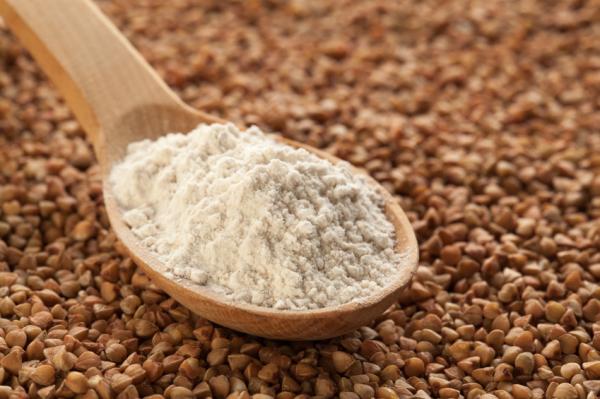
If you want to read similar articles to How to Make Buckwheat Flour, we recommend you visit our Recipes category.
Tips
- It's recommended to store the flour in an airtight container so it lasts longer, especially if you're not going to use it immediately.


